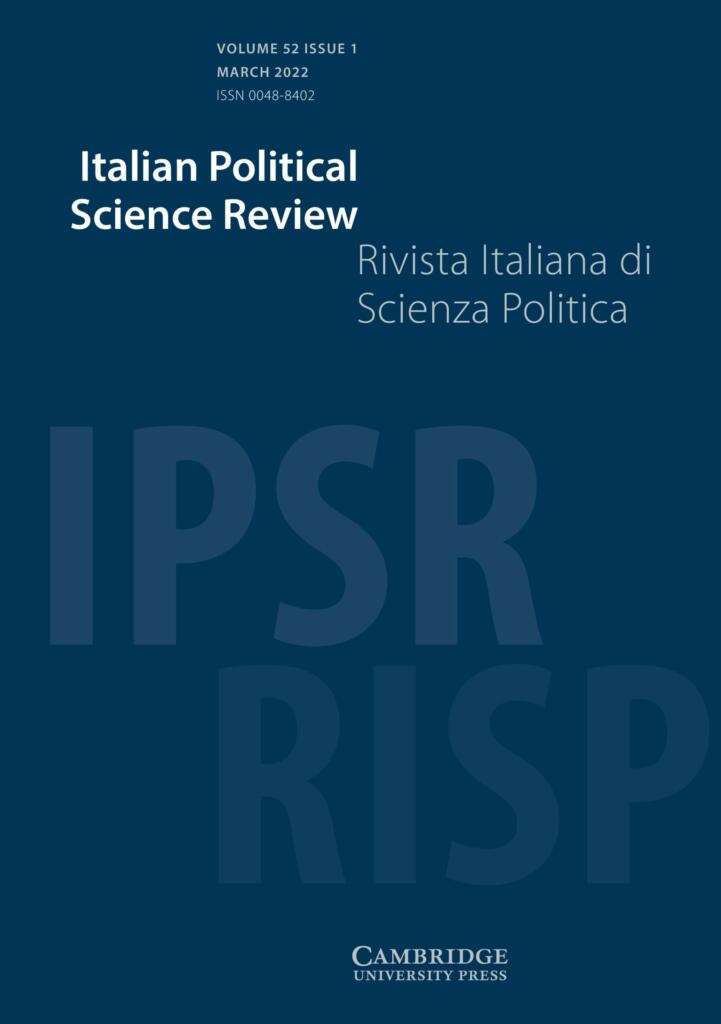
Italy’s controversial decision to sign a Memorandum of Understanding for collaboration on the Belt and Road Initiative with China in 2019 has been widely debated. This article seeks to break new ground by offering a theory-informed contribution investigating the rationale behind Beijing’s own commitment in the negotiations leading to the signing of the BRI MoU. It argues that the Chinese government accepted the risks involved in the process for the sake of promoting an accelerated advancement in China’s positioning in the international status hierarchy through negotiation of deference against agency with Italy. The article empirically probes the extent to which such a strategy of status enhancement on China’s part is sustainable over time. Based on a content analysis of all China-related political stances expressed in ordinary non-legislative policy-setting acts tabled in both Houses of the 18th Italian Parliament, from March 2018 through to August 2021, the article suggests that China’s strategy is hardly sustainable. In fact, the steady deterioration of China-related sentiment among Italian Members of Parliament as a consequence of Beijing’s policies towards Hong Kong, the coronavirus disease 2019 (Covid-19) outbreak, and Xinjiang matches the expectations of previous scholarship on international status as it confirms that social closure mechanisms discussed in the literature prevail over foreign policy consistency when the status-seeking actor is perceived as crossing critical normative thresholds.
The article is available in open access on the Cambridge University Press website.


Copyright © 2025. Torino World Affairs Institute All rights reserved
